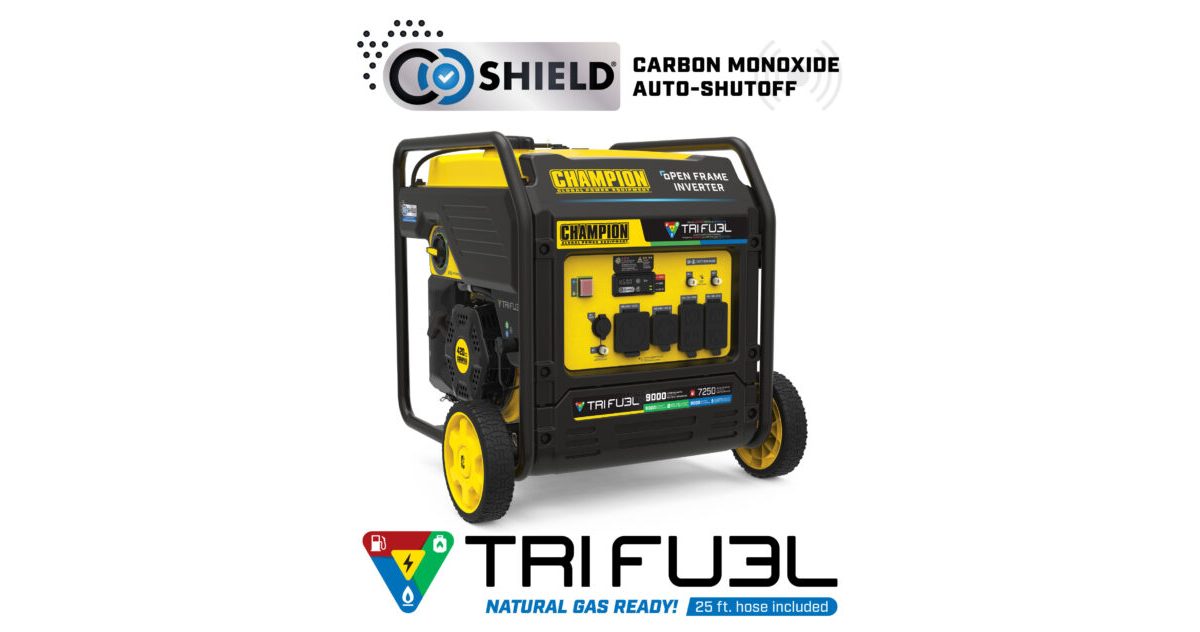I’ve charged my model 3 off my 2k and 9k. Off the 9k I got a steady 15a/240v off a 240-30 outlet. Running off unleaded, propane is less effecient in a generator. So they would give you 7-10 miles range per hour plugged in. Towing these trucks appear to use more like 1kwh/mi. Do you would get ~3 miles per hour plugged in.
With this 9k generator off propane running at its more effecient 25% load you get 1.6 kw/hr. And it can run for 2.5 days (12 hours per 20 lbs). And it will take 3 days to charge the battery.
Now it’s becoming clear how you got such low efficiency results. I can see three problems (from most serious to less serious):
1. 25% load is terribly inefficient. For any rotating electromagnetic generator driven by an internal combustion engine (not talking about fuel cells, inverters, RTGs, or other devices that could be called generators), maximum efficiency will be achieved between about 75% and 80% load. Efficiency at 25% will be less than half of peak efficiency, probably about 40%. In other words, you lost about 60% of the kWh per gallon you would have had at 75% to 80% load.
2. I was doing the math for a propane generator and you were remembering results for a tri-fuel generator running propane. A tri-fuel generator running on gasoline will never be as efficient as a gasoline generator, a tri-fuel generator running on natural gas will never be as efficient as a natural gas generator, and a tri-fuel generator running on propane will never be as efficient as a propane generator. Extra losses here are about 25% to 30%.
3. The generator to which you linked is a single-phase generator. EV range extenders are always three-phase rectified to DC, not single-phase rectified to DC, mainly for efficiency but also due to reliability. Reasons why single-phase is less efficient include the pulsing torque of a single-phase load and the much greater harmonic distortion that occurs with single-phase than with three-phase. This is another 5% to 10% of extra losses in terms of kWh per gallon.
Altogether, running a single-phase tri-fuel generator at 25% load would yield about 25% to 30% of the kWh per gallon that one would get running a three-phase propane generator at optimal load.
You are making the assumption that generators are effecient in terms of 1kwh propane = 1 kWh electricity.
No, I did not make that assumption. I was explicit in stating that a real propane generator would not have 100% efficiency and explicitly used 25% efficiency for calculations. In other words, 4kWh of propane to make 1kWh of electricity.
They are most like 15% efficient where most of the energy is spent in heat.
A single-phase tri-fuel generator at 25% load will have an overall efficiency well below 10%, definitely not 15%. More than 90% of the energy potential of the propane would be converted to heat. On the other hand, a three-phase propane generator running at optimal load would be more than 25% efficient, possibly 30% efficient.




